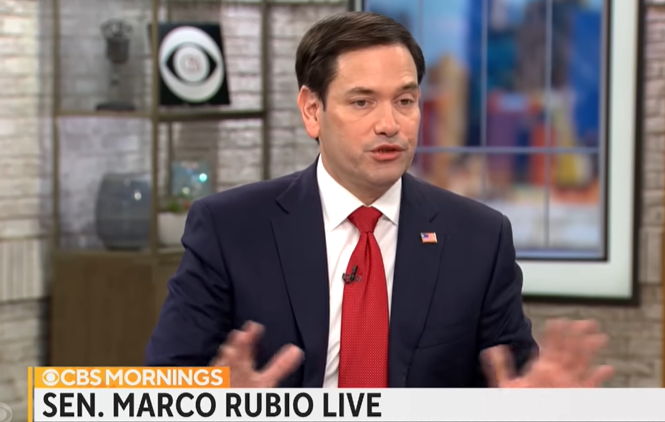Senator Marco Rubio (R-FL), who has dedicated a significant portion of his political career to working on immigration policy and analyzing its economic effects, has undergone a gradual transformation in his views on border policies. He now asserts that US immigration policies are primarily influenced by global economics and powerful entities such as Wall Street firms, rather than the reverse.
In his recently published book titled “Decades of Decadence,” Rubio delves into the subject of how American elites have undermined “America’s Inheritance of Liberty, Security, and Prosperity.” The book explores how the nation’s preoccupation with the global economy has blinded its leaders to certain realities. Rubio argues that Wall Street companies, driven by their pursuit of lower wages and reduced benefits, have played a role in advocating for the utilization of cheap immigrant labor or outsourcing jobs overseas.
The book serves as a manifestation of Rubio’s changing stance on immigration policy. In 2014, the senator started distancing himself from the legislation he had co-authored with seven other senators from different parties. This decision was made despite pressure from wealthy GOP donors who advocated for increased immigration quotas to meet the demand for inexpensive labor. Rubio found himself needing to transcend his ties to the GOP establishment in order to align with a growing segment of the American population, including those who participated in a recent immigration opinion survey conducted by YouGov.
In a survey conducted from June 3 to 6, 1,500 individuals were asked about their perception of immigration and its impact on the United States. The results showed that 36% of respondents believed immigration had a negative effect, while 31% believed it had a positive effect, and 18% felt it made no difference. However, the numbers varied significantly based on party affiliation. Among the Republicans surveyed, 62% expressed the view that immigration had a detrimental impact on America, with only 16% believing it had a positive effect, and 14% stating it made no difference.
In a recent interview with RealClearPolitics, Rubio strongly criticized the economic decisions associated with globalization and the prioritization of corporate interests over national concerns. He argued that the obsession with globalization, which promotes a vision of a world full of global citizens, had led corporate and government leaders to neglect the needs of the United States, resulting in a gradual and inevitable decline.
The senator said he hopes to reverse that trend, using his Congressional position to influence change. He says that transformation must include conservative immigration policy reforms.








